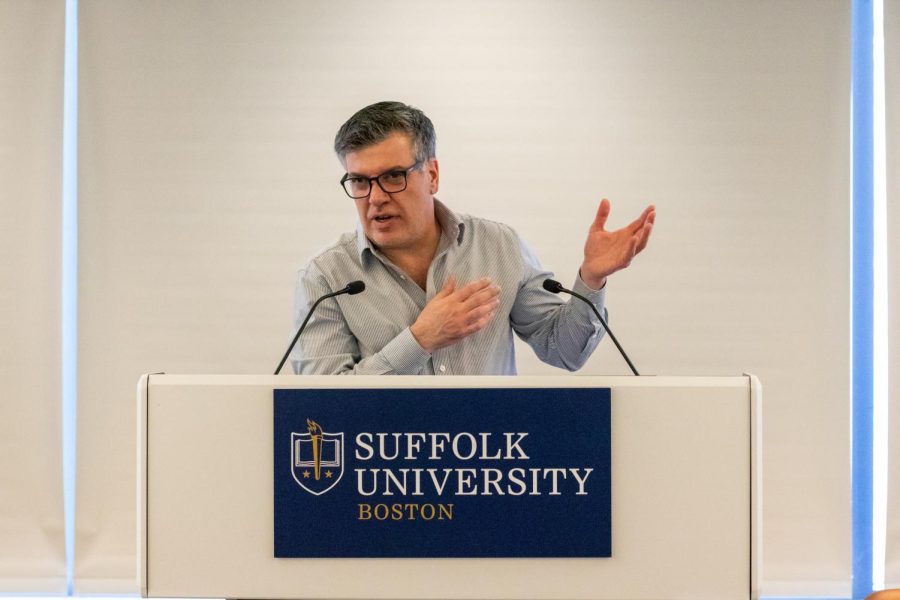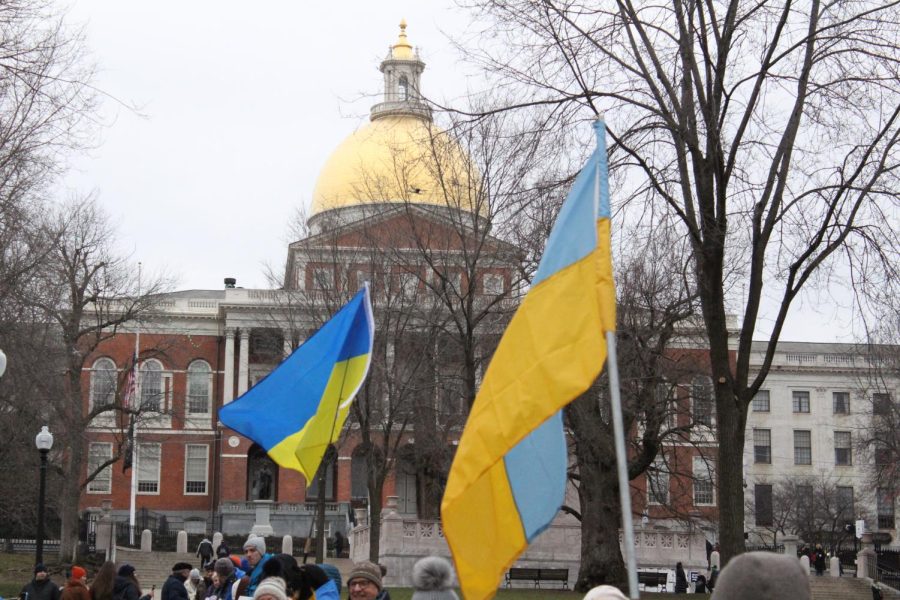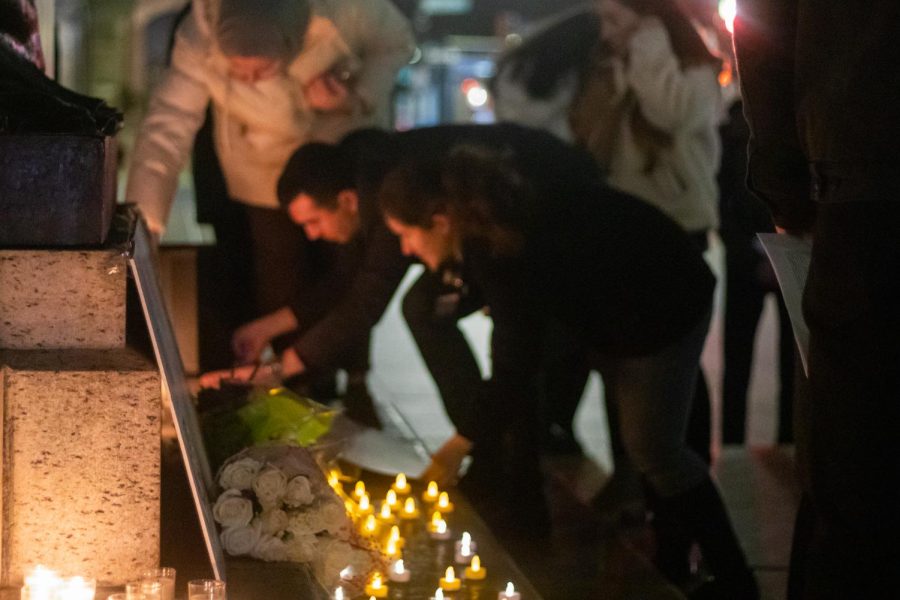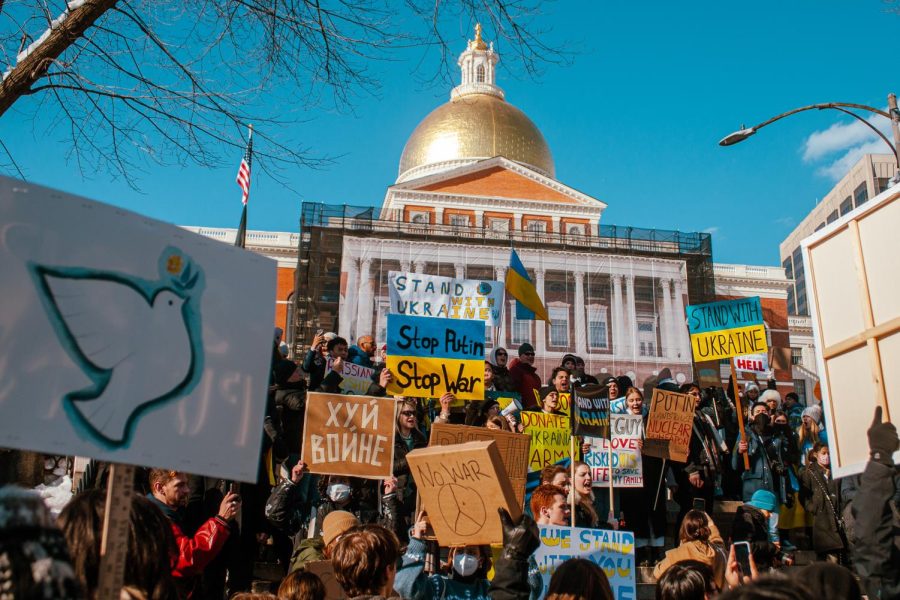Before coming to Boston, my life was based in Tokyo and my daily routine was completely different. I used to wake up every morning to the sound of my sister turning on the television and the sounds of the bustling city outside my window. Now I start my day waking up to darkness in my room and getting ready quietly in order to not to wake my roommate up.
In addition to the changes in my daily life, there are many differences between the classes I take at Suffolk University in comparison to the ones in Japan. The class environment here is much more intimate; the class sizes are smaller and there is a lot more interaction between the professors and students.
In the first week of class, I was shocked by how students were willing to ask questions and how comfortable they felt sharing their opinions or thoughts during class. I am not yet used to this change. I often feel like my insecurity of being judged sometimes gets in my way and prevents me from performing as well as others.
One other major difference I noticed was that here in the United States, students work as interns while they are still in college, which does not usually happen in Japan. Instead of internships, we have a different requirement for finding jobs that we call “shukatsu,” which means job hunting.
Shukatsu culture is important for students and employers because it requires students to get an offer from at least one prospective employer between their junior and senior year in addition to attending classes. It typically starts with students attending a job fair.
Students in black suits are frequently seen in class so that people know they have started job hunting or participating in shukatsu. It is very hard to find a job in Japan once students graduate from college, which makes getting offers from desired prospective employers very competitive.
Shukatsu culture is also prevalent in the U.S. At the beginning of Nov., the Boston Career Forum took place in Hynes Convention Center.
Starting in 1987, this event is now the biggest annual job fair held in the U.S. for students who are bilingual in English and Japanese. More than 8,000 students from inside and outside the U.S. came to the three-day event to visit exhibition booths and apply to the more than 200 Japanese companies that participated in the event.
As a Japanese who is studying abroad in Boston, I attended the event on the first day. All the attendees were wearing black suits and carrying black bags filled with numerous copies of their resume that they prepared beforehand. Booths were filled with students eagerly listening to the workers talk about what it is like to work for them and how the selection process works.
When the 2019 spring semester ends, I will be one of those shukatsu students looking for a job offer. The sense of conformity and competition at this event reminded me of stories I heard from many Japanese students my age.
The intense atmosphere among students makes me insecure. This culture is stressful, however, this path is inevitable for me as a Japanese college student. Although I am a little nervous about what my future holds, standing at this crossroad in my life makes me feel more independent and confident than ever before. Keeping that in my mind, I plan to make the most of the time I have at Suffolk.

















